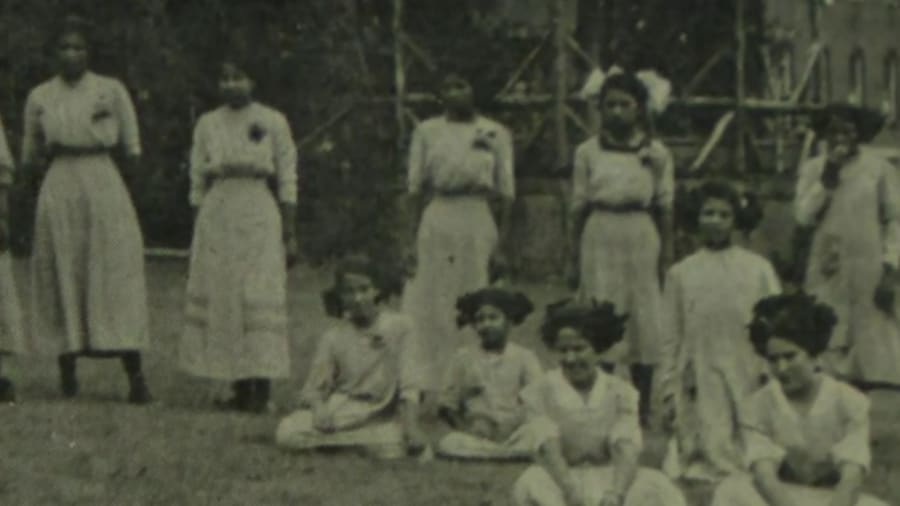An indigenous nation in Canada said it has found 751 unmarked graves at a former residential school in Saskatchewan, according to the BBC.
The discovery only came weeks after the remains of 215 children were found at a similar residential school in British Columbia. The discoveries are forcing a new recognition that reaches the United States as well.
The practice of putting children in residential schools continued in the United States as late as 1996. Euphemia ‘Sue’ Franklin’s grandparents were forced to go to a residential school. She has spent years trying to get people to listen to her grandparents’ stories.
They were forced into Michigan’s numerous residential schools across the state from Harbor Springs to Mount Pleasant. For her, the discovery of more unmarked graves in the residential schools in Canada adds to the generational trauma she suffers from her own family members being stolen from their families.
Chris Franklin said he still hears the voices through his mother and aunt’s recollection.
“She can remember them dragging kids out at night and hear them screaming,” Franklin said. “She said sometimes those kids never came back.”
Shirley Roach is the survivor of a residential school in Canada. She spent seven years there. She is 83 years old now and she said her memory is very clear on what happened to her when she was 8 years old. She currently lives in Sault Ste. Marie in Canada.
“They stripped us of our language. They stripped us of our culture. They stripped us of everything but our identity,” Roach said. “That’s why I think it still has an impact on so many of our people today.”
Many want to ensure that somebody is held accountable. They want what happened to be acknowledged and they want a search for remains on both sides of the border.
The Indian Residential School Survivors Society offers crisis support.
Click here to watch an extended version of the report.

